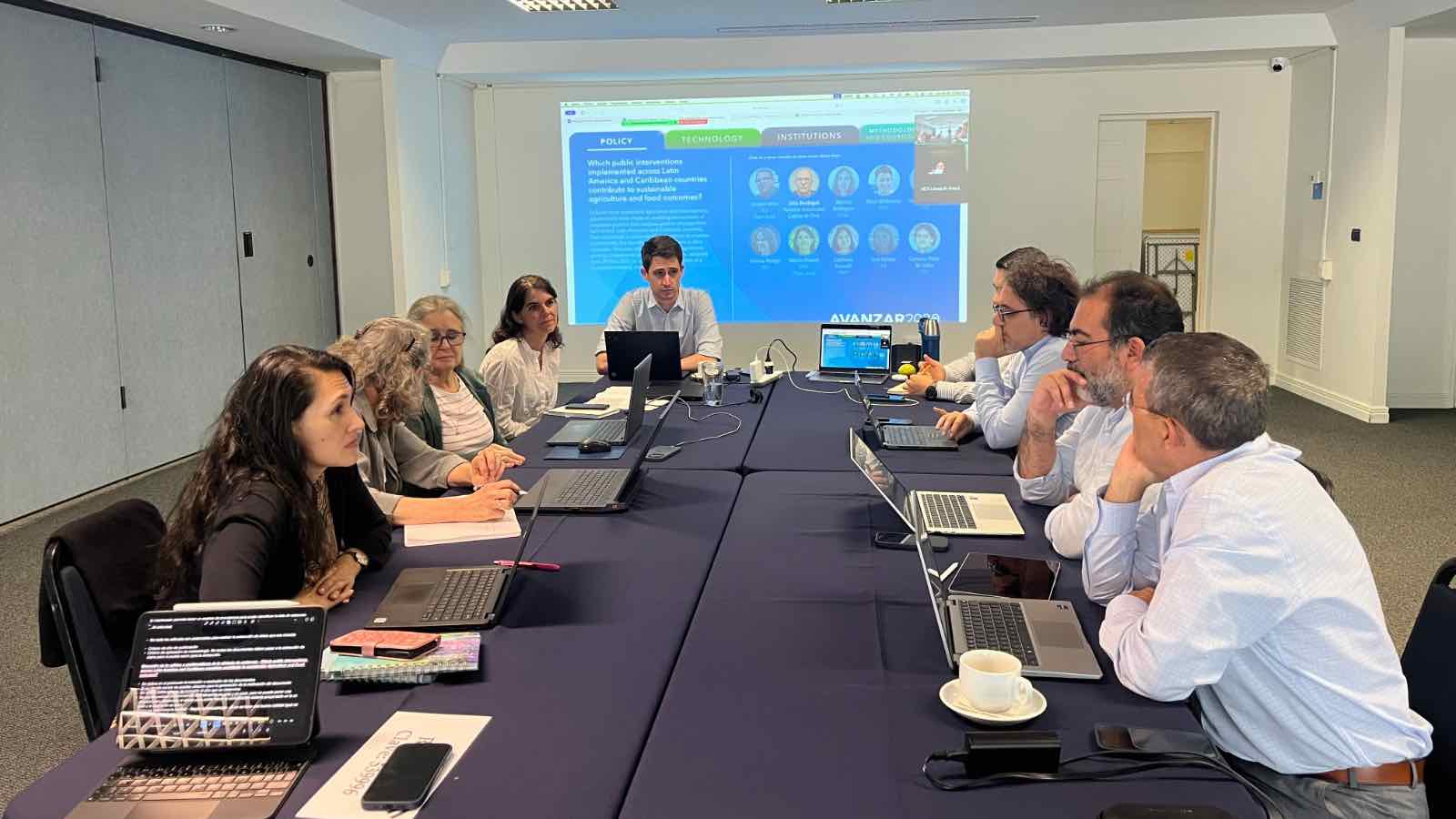Tajik farmer Tomnissoi Davlat is worried about energy.
“This year, I only harvested 500 kilograms of wheat per hectare. I’ve sowed my seeds too late because the fuel prices rose sharply at the beginning of spring. (…) Until I had enough money, food, and the plowing services, it was too late.”
Indian farmer Fulmani Mandi is worried about land.
“I am very worried about my children’s future. Now we have 2.5 acres of land. I have three sons. When they divide, each one of them will get only .08 acre of it, which is of no use. I don’t know how they will survive.”
Ugandan farmers Kaseijia Jailesi and Irene Kaseija are worried about water.
“Already now it is difficult to reach the wells, as you have to cross people’s land for reaching it. That is prohibited though and many landowners even fence in their land. With the worsening of the land situation, the water situation will become more difficult.”
Farmers across the developing world have similar worries. They need water, energy, and land to grow the food that feeds their families and provides them with income. But in a more crowded, wealthier world exposed to climate change, there is no guarantee that they’ll have easy or affordable access to these essential resources.
The 2012 Global Hunger Index (GHI), The Challenge of Hunger: Ensuring Sustainable Food Security Under Land, Water, and Energy Stresses, validates these worries. In addition to providing a birdseye view of hunger around the world, the Index provides evidence that increasingly limited access to natural resources is one of the reasons why some people don’t have enough to eat.
The GHI scores countries based on three equally weighted indicators: (1) the proportion of people who are undernourished, (2) the proportion of children under five who are undernourished, and (3) the mortality rate of children under five.
According to the 2012 Global Hunger Index (GHI), though some progress has been made in reducing hunger, 20 countries, most of which are located in Africa south of the Sahara or South Asia, have “alarming” or “extremely alarming” levels of hunger. In the three most alarming countries, Burundi, Eritrea, and Haiti, more than half of the population is undernourished.
Read more about the 2012 Index results
Eradicating hunger in these countries is, however, attainable, according to the 2012 Index. If governments were to replace current, wasteful approaches to natural resources with policies that take the long-term impact of demographic and climate change into account, they could ensure that billions of people today and generations more in the future won’t go hungry.
The Global Hunger Index is published by the International Food Policy Research Institute (IFPRI), Welthungerhilfe, and Concern Worldwide, and has been released annually for the past seven years.







